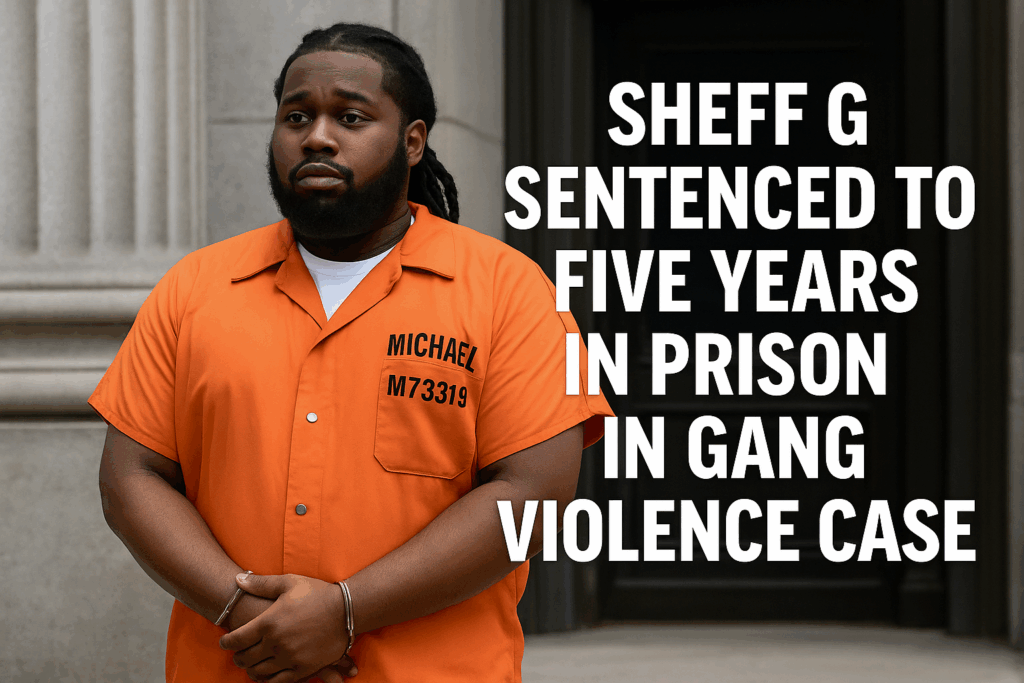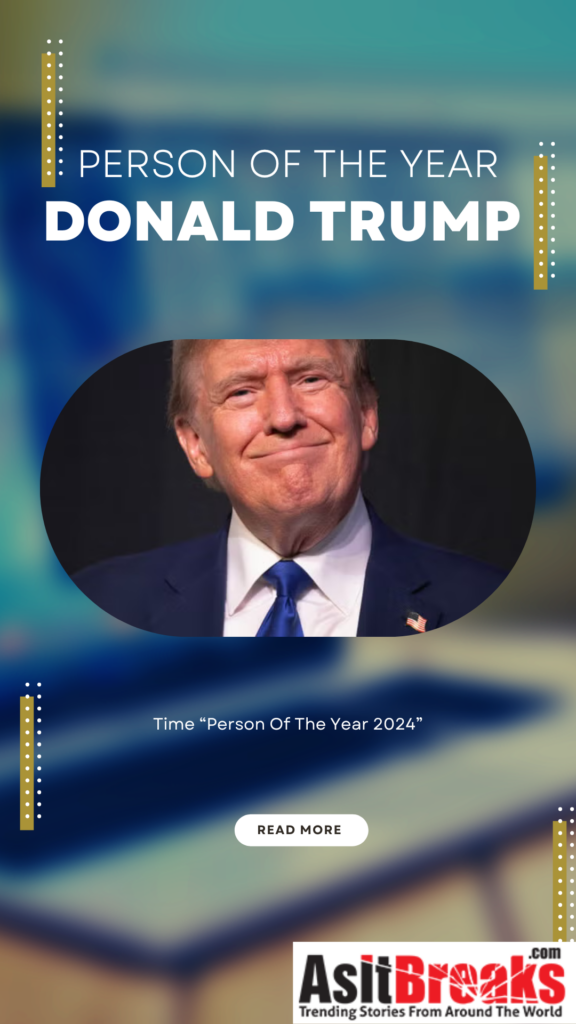Rapper Sheff G, a Brooklyn native whose music and political appearances brought him into the spotlight, was sentenced Wednesday to five years in prison after admitting he used his music earnings to support violent gang activity in the city.
Williams, 27, will serve five years of supervised release after prison. His sentence came through a plea deal, following guilty pleas to attempted murder and conspiracy. Prosecutors, seeking a clear message about gang-related violence, had pushed for a 20-year term.
Brooklyn District Attorney Eric Gonzalez said the outcome reflected both the artist’s promise and his choices. “This defendant had talent and opportunity, but chose to use them to fuel violence instead of building a better future,” Gonzalez said in a statement.
Williams rose to prominence in New York’s drill rap scene, with songs and videos amassing millions of views on platforms like YouTube and Spotify. However, investigators contend his musical success masked a central role in orchestrating gang shootings tied to the 8 Trey Crips and its affiliate, the 9 Ways gang. As part of this larger investigation, authorities charged more than 30 individuals; 23 have pleaded guilty, and several cases remain ongoing.
One of those indicted was fellow rapper Tegan Chambers, better known as Sleepy Hallow, who also joined Trump and Williams on stage during a rally in the Bronx in May 2024. Chambers was sentenced last week to a year in jail after pleading guilty to conspiracy charges. These public appearances occurred while the investigation and pending charges against both rappers were already public knowledge.
Amid the ongoing legal developments, a spokesman for Trump’s campaign faced questions about whether organizers were aware of the rappers’ legal troubles. Responding, he quoted Sheff G: “They always whisper your accomplishments and shout your failures.” This moment underscored the campaign’s strategy to reach younger and Black voters through association with the rappers, even as prosecutors outlined violent allegations.
Prosecutors detailed how Williams gave gang members cash, jewelry, and dinners to celebrate violent acts. They said he drove co-defendants to a 2021 Brooklyn shooting that injured two bystanders. In another case, Williams treated associates to a steakhouse after a 2020 gunfight that left one dead and five wounded. Surveillance footage, social media, and texts were used as evidence; prosecutors noted that both Williams and Chambers referenced violence in their music.
Williams’ attorney, Arthur Aidala, did not respond Wednesday to requests for comment, but has previously called the deal “in the best interest of everyone involved.” The agreement avoids a long trial while ensuring prison time for someone prosecutors say used fame to encourage gang activity.
The sentencing underscores the sharp fall of a performer once hailed in New York’s drill scene. Williams’ trajectory illustrates how fame and influence, when combined with criminal activity, can undermine the potential for a positive impact.
For Sheff G, the coming five years will be spent in prison, not on stage. Prosecutors hope his conviction signals that public figures are also accountable when their influence fuels violence.


